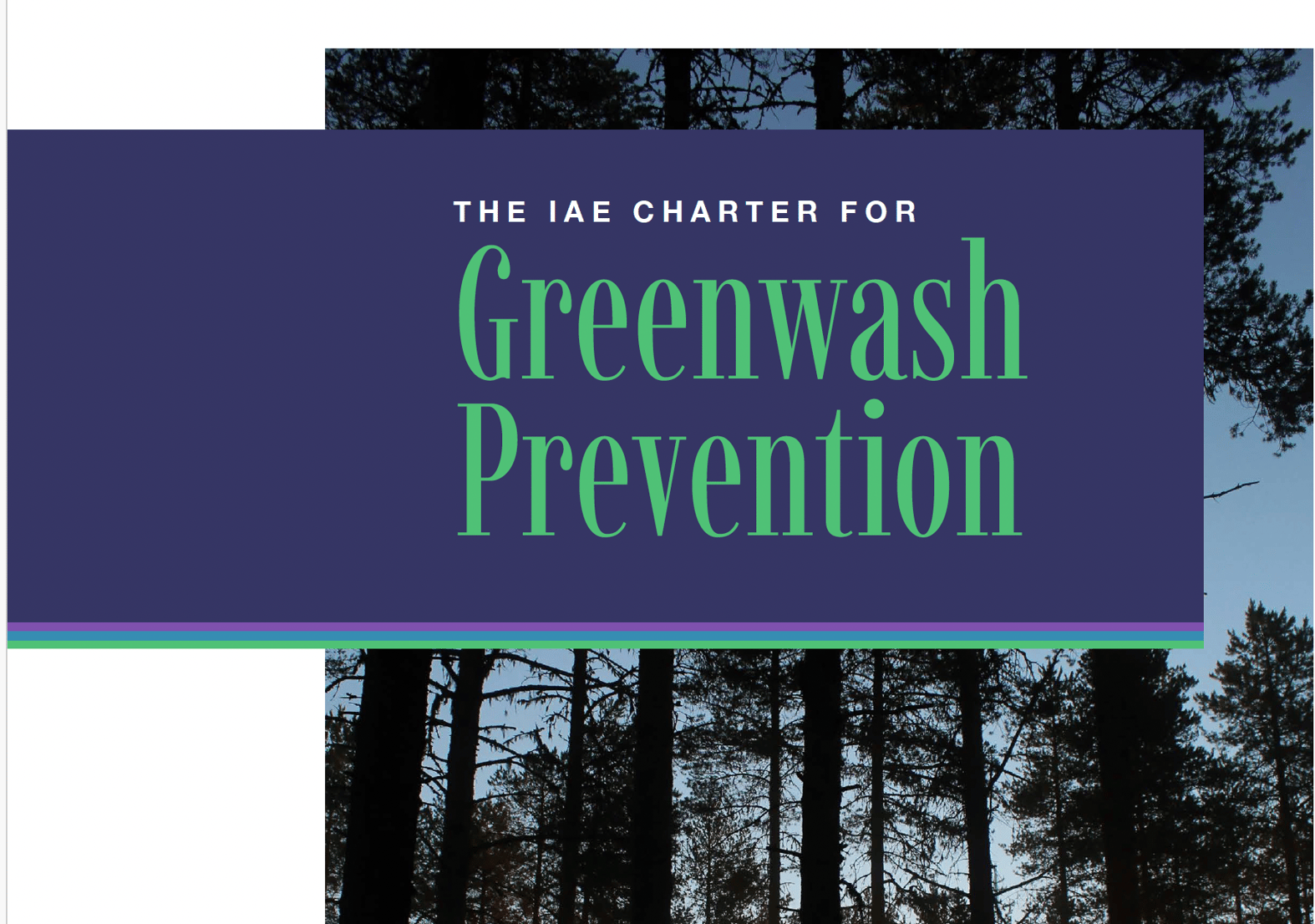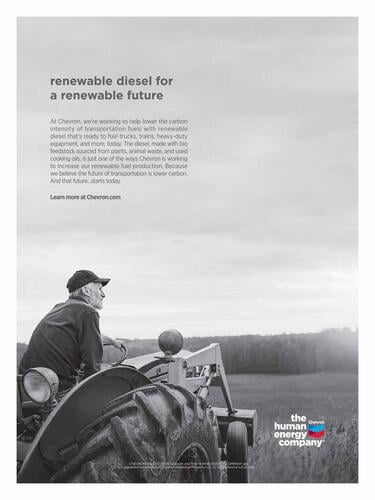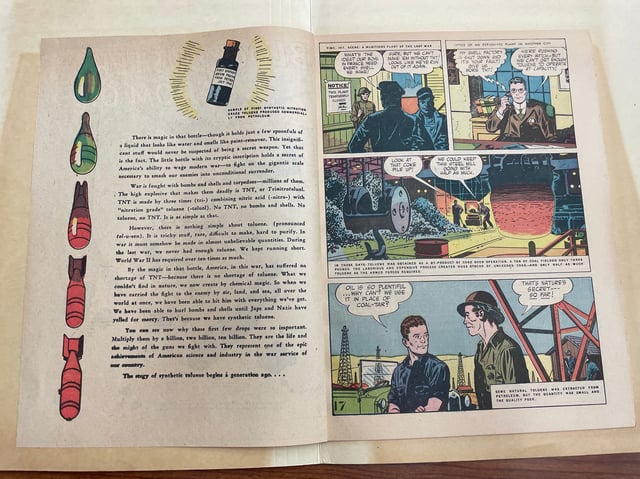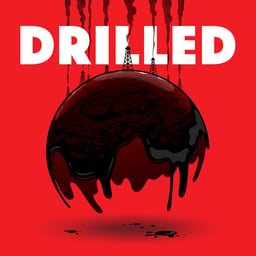
For a long time, greenwashing has occupied the same “know it when you see it” legal gray area as pornography. But the European Parliament adopted new rules around greenwashing last month, while the United States Federal Trade Commission will be updating its regulations governing environmental marketing claims this year. There’s now more international agreement than ever on a definition of what, exactly, greenwashing is—which makes it easier to litigate.
Amidst increasing public concern and legal risk surrounding the issue, the Institute for Advertising Ethics, a standards and training organization for the PR and advertising industries, launched a new guide, training, and certification program today aimed at helping public relations and advertising professionals avoid the practice. Drawing on more than a decade of peer-reviewed social science, the IAE’s Green Shield program aims to help PR and advertising creatives navigate this new terrain.
“Our work in the industry let us know that there was increasing concern about greenwashing, but a lack of practical knowledge and applicable standards,” Linda Thomas Brooks, CEO of the Public Relations Society of America and co-founder and executive board member of the IAE said. “This framework will help move the industry from anxiety about this issue to action.”
The new program lays out the anatomy of modern greenwashing, including both climate science denial and classic disinformation techniques like “selective disclosure”—leaving out information that’s key to consumers understanding a claim, also sometimes referred to as “cherry-picking”— and “paltering,” using technically true statements to create misleading messages.
The IAE doesn’t include any specific examples of greenwashing in action, but an ad ExxonMobil is currently running across multiple NPR podcasts, as well as shows produced by The New York Times and The Washington Post, shows several of these techniques in action.
“The world needs ways to reduce carbon emissions,” the ad says. “ExxonMobil is working on solutions in its own operations, like carbon capture, that could also help other industries deliver lower emissions. Learn more at exxonmobil.com.”
“In its own operations” means Exxon is focused on what the industry often refers to as “carbon intensity,” lowering the carbon emissions associated with the refining and transportation of oil and gas, as well as various administrative tasks. These emissions account for 10 to 15 percent of an oil company’s emissions, a key bit of data omitted from the ad. The phrase “like carbon capture, that could also help other industries deliver lower emissions” leaves out many caveats and criticisms about carbon capture—for example that between 70 to 80 percent of all carbon captured by fossil fuel companies is used for enhanced oil recovery, a process through which compressed carbon is injected into the ground to get more oil out.
According to Christine Arena, a member of the IAE’s advisory council, which includes representatives from a variety of agencies and their clients, it was important that the IAE’s approach be based entirely on peer-reviewed social science. It draws largely from the work of researchers within the Climate Social Science Network, particularly a 2022 study co-authored by multiple CSSN researchers at universities across the world.
“As the study points out, you rarely see blatant lies” in greenwashing advertising, Arena said. “Typically, you see a combination of factual omissions where material information is withheld from an audience, or distortions of fact, where green claims are twisted or unfounded or exaggerated. And then in a small percentage of ads, you see some denial, where established climate science is flatly rejected, but that's very rare.”
The IAE program comes on the heels of long-standing efforts from groups like Creatives for Climate, which developed the industry’s first anti-greenwashing training two years ago, and regularly updates it as regulations change. Several PR and ad agencies have also adopted their own frameworks for assessing greenwashing and developed their own trainings for staff. By creating a free training and certification option, the IAE program aims to provide a consistent understanding and ethical code across the industry.
“In many cases those efforts have been rather divorced from the modern anatomy of greenwashing,” Arena said. “And that's why a social science-informed approach is critical.”
Ad Net Zero, which was initially launched as a partnership between industry groups and agencies in the UK and has now made its way to the U.S. as well, has been publicly critical of climate campaigns aimed at the PR and ad industry, like Clean Creatives, preferring to focus on the industry’s own emissions rather than those of its clients.
“I’m a big fan of free speech,” Sebastian Munden, the chair of Ad Net Zero, told Semafor in 2023. But the organization welcomes the IAE’s approach on greenwashing, describing it as an “initiative that will raise knowledge and expertise in the US advertising industry about the risks of greenwashing, to increase the integrity of advertising on sustainability issues.”
“Ad Net Zero is committed to the responsible use of advertising to drive more sustainable choices and behaviors,” John Osborn, US Director of Ad Net Zero, said.
Previous attempts to get a handle on greenwashing, or even just to fact-check claims about climate change or about the potential of various technologies to address greenhouse gas emissions, have been met with accusations of censorship. But Wharton constitutional law expert Amanda Shanor says this is a bit of creative misdirection in its own right.
“Is the free speech argument that I should be able to propagate false claims about climate?” Shanor asked. “It's a misdirection to act like people are being censored or canceled if they say the wrong thing when really this is about being deceptive.”
Moreover, Shanor said this argument is not one that will ultimately serve the PR and ad industry. “Fraud is not protected and false and misleading commercial speech isn't either.”
“I don't think it will be much longer before we see regulators not just in Europe but in the U.S. taking legal action in the context of greenwashing,” she added.




